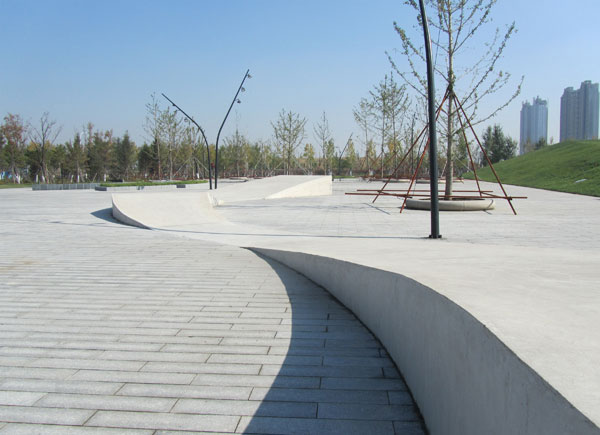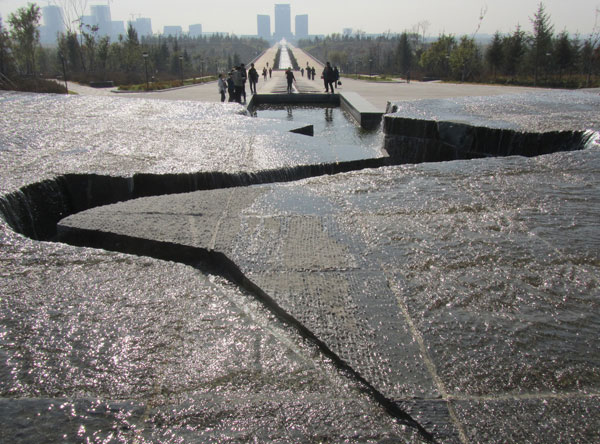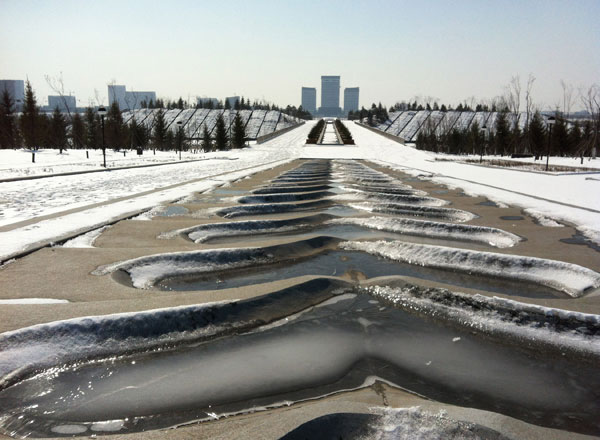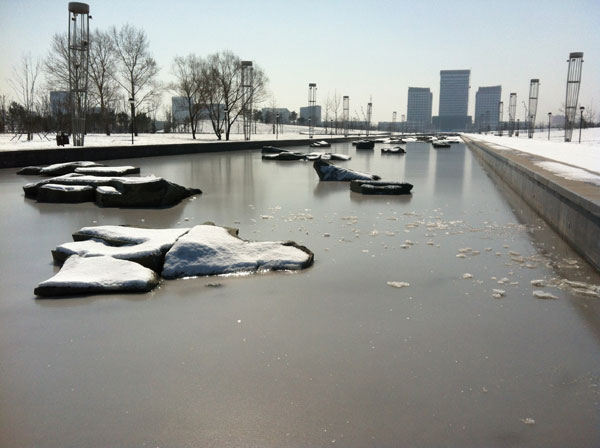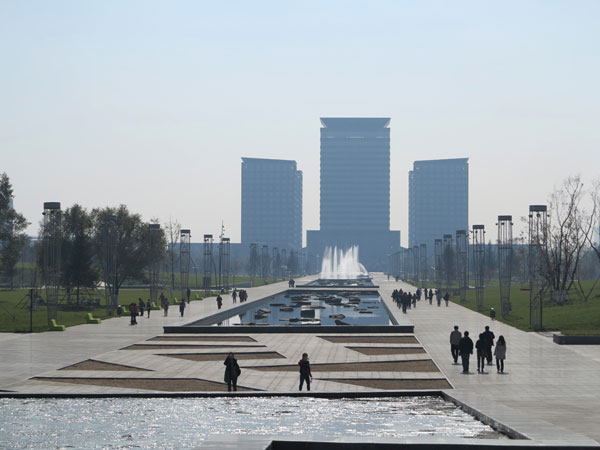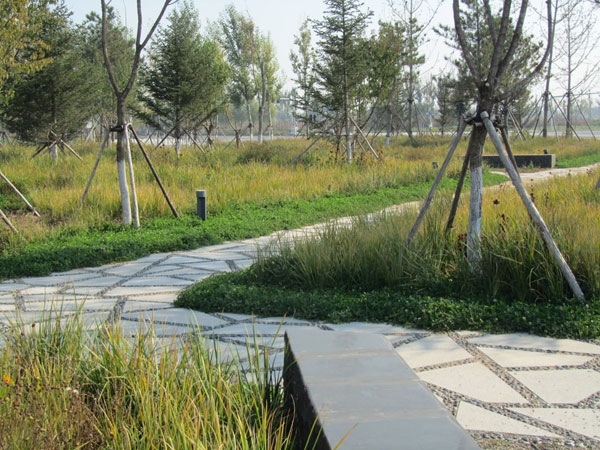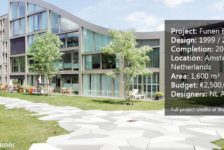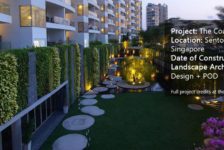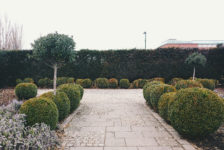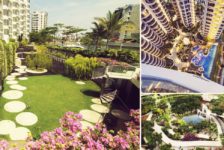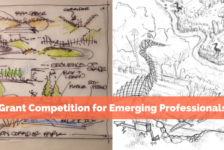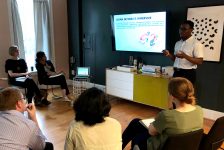Central Park of Hunnan Axis, By Niek Roozen Loosvan Vliet, with: Urhahn Urban Design and Landscape Institute Shenyang, Shenyang, China China is making huge efforts to improve its relationship with water — our most precious resource. This is due to its historical importance to the country’s development, as we have seen in the article Is China Transforming its Relationship with Water? A Look at the Aiyi River Landscape Park, . In Hunnan Axis Central Park, it is no different – water is beautifully represented throughout the park, sometimes portrayed as calm and serene in the form of ponds, or as vigorous and lively in the form of water jets. The truth is, this dynamic element can create stunning aesthetic results in the urban scene (and even energize wealth luck to the surrounding neighborhoods).
The Location of Hunnan Axis Hunnan is one of the nine districts of Shenyang, capital of Liaoning province. Its master plan follows an orthogonal network of streets, with its axis running from downtown Shenyang to the airport on a north-south orientation. This privileged location has been enriched with a beautiful public space — Hunnan Axis Central Park, an elegant and inviting open area that gathers the local community together.A Park Full of Water Features
Running in line with the Hunnan Axis, this 300-meter-wide, four-kilometer-long park offers an amazing display of various water features, including canals, waterfalls, water jets, and ponds. Covering a total area of 130 hectares, it was designed in 2011. Construction started that same year, reaching its completion in autumn 2013. The context-sensitive approach adopted by the designers is clearly displayed in the water features, which reflect the orthogonal pattern of the district’s master plan. Also, its bold scale emphasizes the strict geometric forms for a big visual impact, which is counterbalanced by the calming effect of water.
The Designers of Central Park at Hunnan Axis Hired by the city of Shenyang, NRLVV (Niek Roozen Loosvan Vliet) was responsible for the project, in collaboration with Urhahn Urban Design and Landscape Institute Shenyang. NRLVV is a China-based landscape architecture and urban planning firm with an interdisciplinary approach. The working team includes landscape architects, architects, urban planners, civil engineers, industrial designers, interior architects, and plant specialists who also work in collaboration with infrastructure specialists, plan economists, project managers, and legal experts. North-south A noticeable theme emerges as you go through the park – in the northern area, vegetation and hills are predominant, while to the south, water takes over the scenery. A stream flows gently from the north, where slopes and dense vegetation are alternated with open lawn spaces. The hills are separated by paved plazas that provide leisure facilities, flower beds, and benches. The area of the park located south of City Hall is made of plazas and water features, ending in a massive lake with orthogonal-shaped islands that serve as inviting rest areas for visitors. Related Articles:- Lotus Lake Park Sets Precedent for Sustainable Urban Design in China
- Contemporary Landscape Architecture in China: Beautiful or Dangerous?
- Awesome Plaza Shows You Why China Are World Leaders in Landscape Architecture
The Water Features
The use of water as an ornamental feature has long been a staple of traditional Chinese landscape design. In Feng Shui, this is a crucial component to activate prosperity and increase income if the location and direction of flow are auspicious. Hills located to the north, from which a stream flows heading south, is supposed to attract great financial luck (as water is the ultimate money and wealth symbol in Feng Shui cosmology).
Hunnan Axis Central Park allow us to gain an insight into what a dynamic and powerful element water can be in outdoor public areas, improving urban life on both the environmental and social levels. Recommended Reading:- Urban Design by Alex Krieger
- The Urban Design Handbook: Techniques and Working Methods (Second Edition) by Urban Design Associates
Article by Julia Lucchese Return to Homepage
Published in Blog


